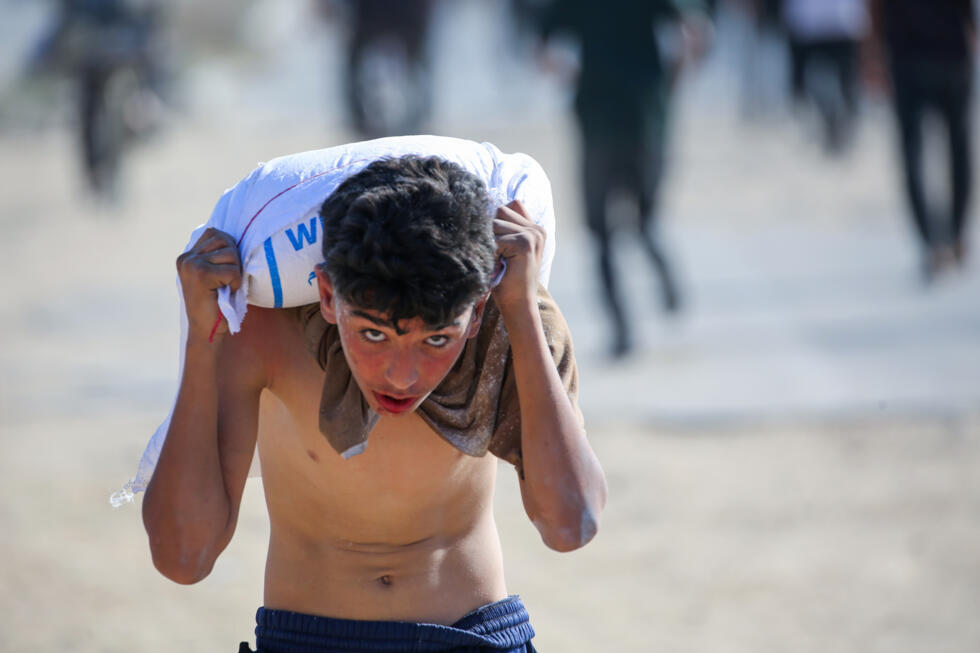A recent UN-backed report has confirmed famine in Gaza City for the first time, revealing that over 500,000 people are facing starvation, destitution, and death. This alarming situation has drawn international attention and sparked heated debates regarding the humanitarian crisis in the region.
Alarming Humanitarian Conditions
The report from the Integrated Food Security Phase Classification (IPC) highlights the dire circumstances faced by residents of Gaza. The findings indicate that many families struggle to access basic food supplies, leading to severe malnutrition and health issues. With ongoing conflict and blockades, the situation has deteriorated rapidly, pushing countless individuals into starvation.
The IPC’s report emphasizes the urgent need for humanitarian assistance. Without immediate intervention, the number of people affected by famine is likely to rise. Many families are forced to make impossible choices, such as skipping meals or relying on food aid. This crisis not only threatens lives but also undermines the future of an entire generation.
In response to the report, the Israeli government has denied the existence of famine in Gaza. Officials argue that humanitarian aid does reach the region, and the situation is not as severe as reported. However, many humanitarian organizations and local advocates challenge this viewpoint, citing firsthand accounts of suffering and deprivation.
Calls for Action and Support
The confirmation of famine in Gaza City has prompted calls for international action. Human rights organizations urge governments and agencies to provide immediate relief to those in need. Aid workers stress that access to food and medical supplies is critical to alleviating the crisis.
Additionally, there is a growing demand for a comprehensive strategy to address the underlying causes of the humanitarian situation. Long-term solutions must focus on rebuilding infrastructure, ensuring food security, and fostering economic stability. Only then can the cycle of poverty and deprivation be effectively broken.
International responses have varied, with some countries pledging support and others remaining hesitant. The complexity of the political situation often complicates humanitarian efforts. Nevertheless, the need for a coordinated response remains urgent.
In conclusion, the confirmation of famine in Gaza City underscores a profound humanitarian crisis. The UN-backed report highlights the desperate conditions faced by hundreds of thousands. While the Israeli government disputes the findings, the international community must prioritize humanitarian assistance and work toward sustainable solutions to this pressing issue.




